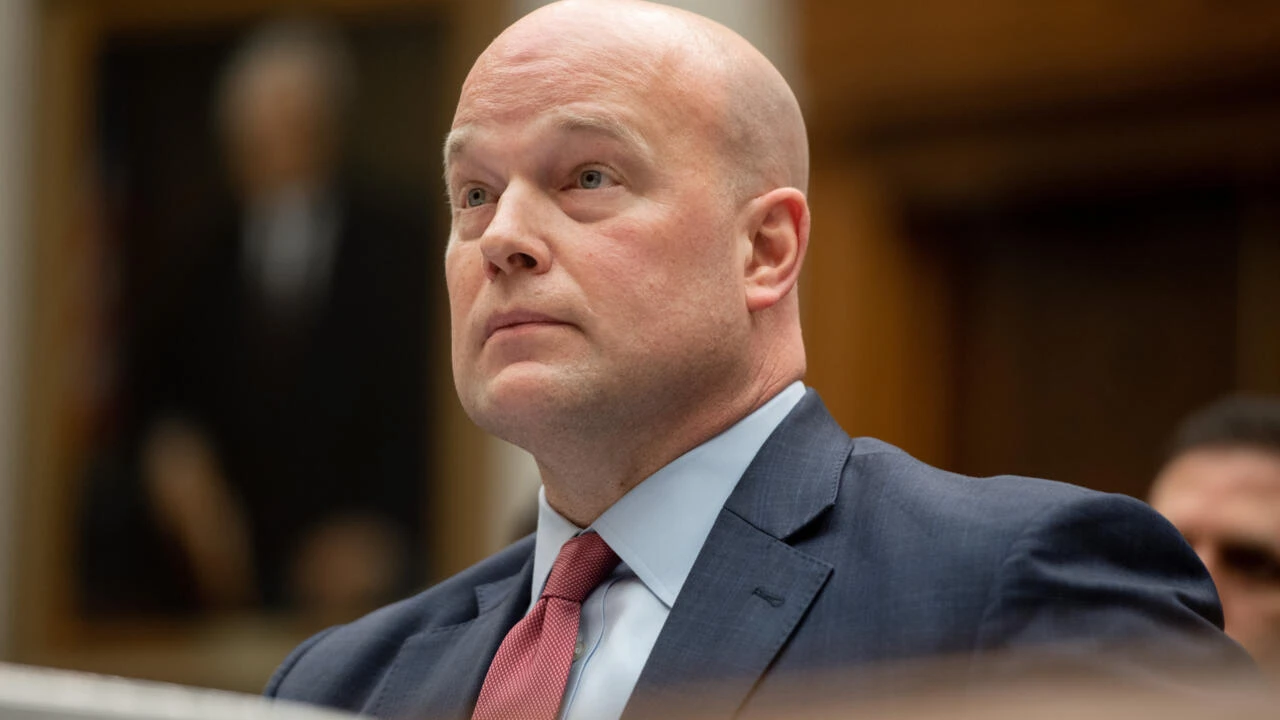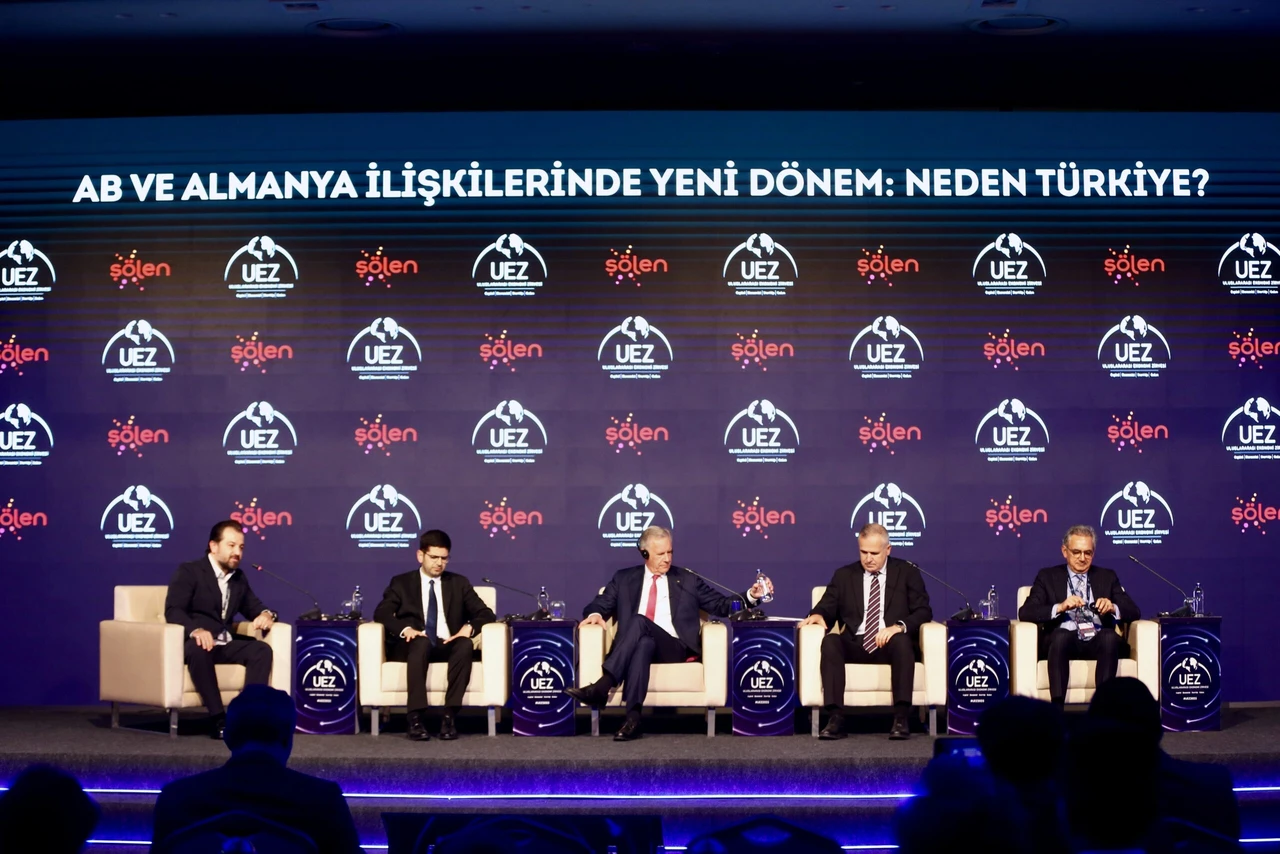Trump’s NATO pick signals a potential shift in Türkiye’s influence within the alliance

Donald Trump‘s return to the Oval Office and his appointment of Matthew Whitaker as U.S. ambassador to NATO may set the stage for a reshuffling of power dynamics within the alliance. This development could be particularly consequential for Türkiye, a NATO member whose growing defense industry and strategic assertiveness is already reshaping the alliance.
With its burgeoning drone technology and pivotal geographical position, Türkiye could seize this moment to amplify its influence, leveraging the transactional approach that Trump and Whitaker are expected to bring to NATO diplomacy.
Türkiye’s military and defense ascendancy
Türkiye’s defense industry has transformed dramatically, turning the country into a leader in modern warfare innovation. Anchored by the success of its Bayraktar TB2 drones, Türkiye now commands a remarkable 65% of the global market for unmanned aerial vehicles (UAVs), far surpassing China’s 26% and the United States’ 8%. These drones have become a symbol of Türkiye’s military prowess, demonstrating exceptional effectiveness in conflicts across Syria, Libya, and Nagorno-Karabakh.
The Bayraktar TB2, developed by Turkish firm Baykar, has been pivotal in shaping modern conflict zones. Its ability to perform both reconnaissance and precision strikes has redefined the tactical capabilities of smaller nations and non-state actors, offering a cost-effective alternative to traditional air supremacy. This technological edge has cemented Türkiye’s position as a global drone power and a critical military innovator within NATO.
Beyond drones, Türkiye boasts NATO’s second-largest military force, underpinned by steady increases in defense spending. Despite tensions with some NATO allies, this military capability, combined with its geographic role as a bridge between Europe and Asia, makes Türkiye indispensable to the alliance’s strategic framework.
Whitaker factor: Aligning with Türkiye’s interests
Matthew Whitaker’s appointment, likely to reflect Trump’s “America First” philosophy, introduces an element of unpredictability into NATO’s leadership. Whitaker’s lack of foreign policy experience, paired with Trump’s historical skepticism toward NATO’s collective security framework, could weaken the alliance’s traditional norms while emphasizing transactional diplomacy.
For Türkiye, this environment may present an unprecedented opportunity. Ankara has long faced criticism within NATO over its acquisition of Russian S-400 missile systems, a move that led to its exclusion from the U.S.-led F-35 fighter jet program. Nonetheless, Türkiye’s military contributions, including its support for Ukraine through the provision of Bayraktar drones, have complicated this narrative.
Under Trump-Whitaker NATO policy, Türkiye may find these contributions to be given greater weight than ideological concerns about its domestic policies or its flirtations with Moscow. A Trumpian focus on financial and military contributions over values-based diplomacy could sideline some of the criticism that Türkiye has faced from allies like France and Germany, allowing it to reassert its importance within NATO.
A defining moment for NATO
The intersection of Türkiye’s rising defense capabilities and Trump’s potential return to NATO diplomacy represents a critical juncture for the alliance. With Matthew Whitaker poised to bring Trump’s transactional approach to NATO, the door may be open for Ankara to solidify its role as a central player in shaping the alliance’s future.
Türkiye’s drone leadership, military strength, and strategic position make it an indispensable NATO member, but one whose assertiveness has often tested the alliance’s unity. The Trump-Whitaker era could amplify Türkiye’s influence, rewarding its tangible contributions while downplaying ideological critiques.
For NATO, this moment is both a challenge and an opportunity. Embracing Türkiye’s strengths could enhance the alliance’s capabilities in addressing global security threats.
As NATO adapts to an increasingly multipolar world, Türkiye’s role will be central to its evolution. Whether this leads to greater unity or heightened tensions will depend on how Whitaker, and the alliance as a whole, navigate the complexities of this new era.



